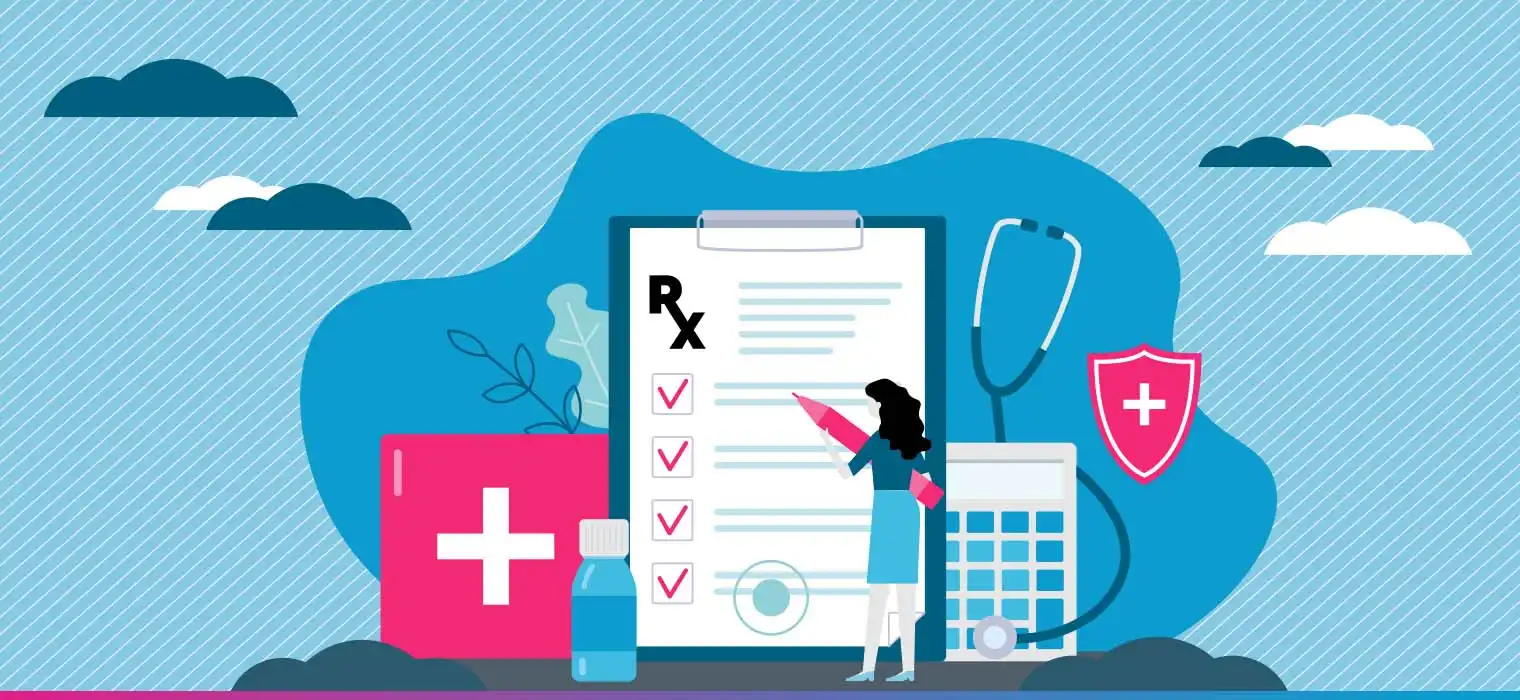Women's Health
What is Considered Women's Health?
Women's health refers to those conditions that are unique to the female anatomy. These include issues with menstruation, pregnancy, childbirth and conditions of the ovaries, uterus, cervix, vagina and female genitalia.
What Are Some Common Problems Associated with Women's Health?
Women's health issues are often caused by the fluctuation of hormones at different stages in their lives, such as puberty, pregnancy and menopause. Many of these problems are short lived and will rectify once the hormones balance out. If the hormones do not balance themselves out, further treatment may be necessary. Some other women's health issues not related to hormones and should be treated immediately to prevent further complications include:
- Infertility
- Painful or difficult menstruation
- Painful sexual intercourse
- Miscarriages or difficult pregnancies
- Fibroids
- Cancer of the cervix, uterus, ovaries or breasts.
- Anemia
- Hot flashes
- Osteoporosis
What Are the Causes of Women's Health Issues?
Because the area covered by the term women's health is broad and diverse, it impossible to list a single set of causes. However, there are some things that may negatively affect all aspects of a woman's health. These include:
- Hormone imbalances
- Genetics
- Poor diet
- Being overweight
- Excessive drug and alcohol consumption
- Lack of exercise
- Smoking
Can Any Complications Arise if left Untreated?
The negative effects of leaving these conditions untreated vary based on the exact condition and its causes. Some problems are temporary and may right themselves over time, including those associated with the onset of puberty and menopause. In general, conditions like cancer, anemia, and fibroids only get worse as time goes on and they should be diagnosed and treated as soon as possible.
What Medications Treat Issues Associated with Women's Health?
Medications for women's health can be broken into 2 main categories; those given to prevent health conditions and those given to treat them.
Preventative Medications for Women's Health
- Vitamin and Mineral Supplements such as Vitamin D and Folic Acid
- Contraceptive Medications or Devices such as Nuvaring or Fyavolv
- HPV Vaccine
Treatments for Common Women's Health Problems
- Iron Supplements such as ferrex-150-forte
- Hormone Supplements or Injections such as estradiol or Covaryx
- Chemotherapy or Radiation Treatments such as Femara or Halaven
References:
https://www.nm.org/healthbeat/healthy-tips/9-health-issues-every-woman-should-understand
Common medications may include


